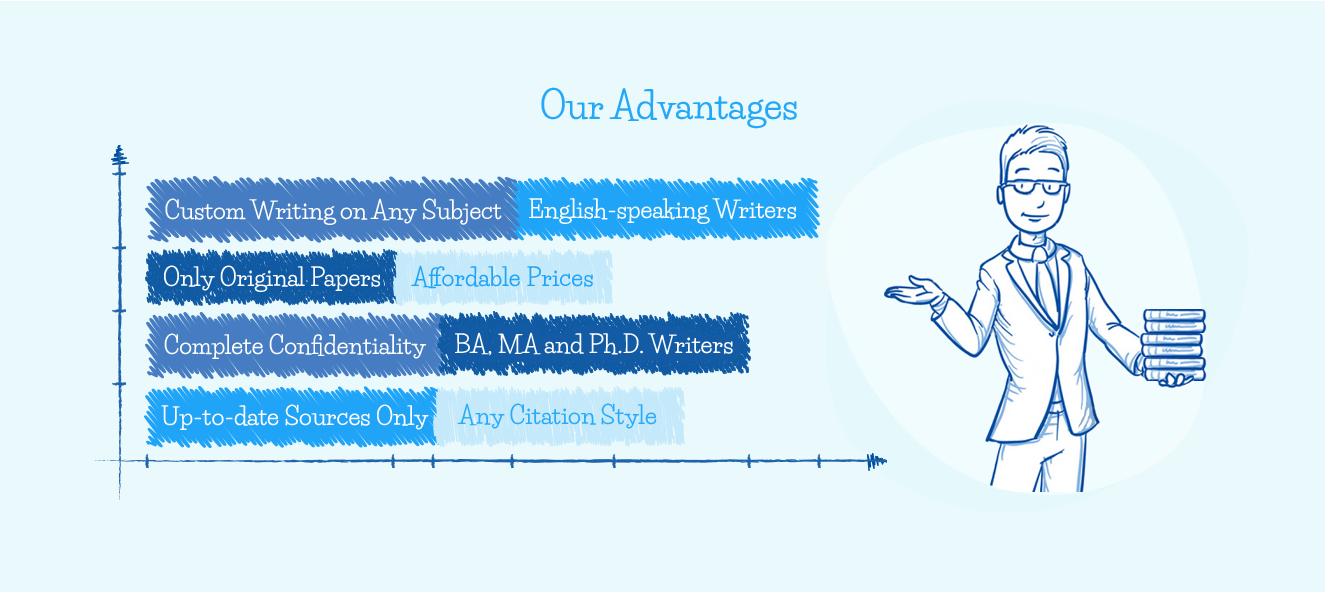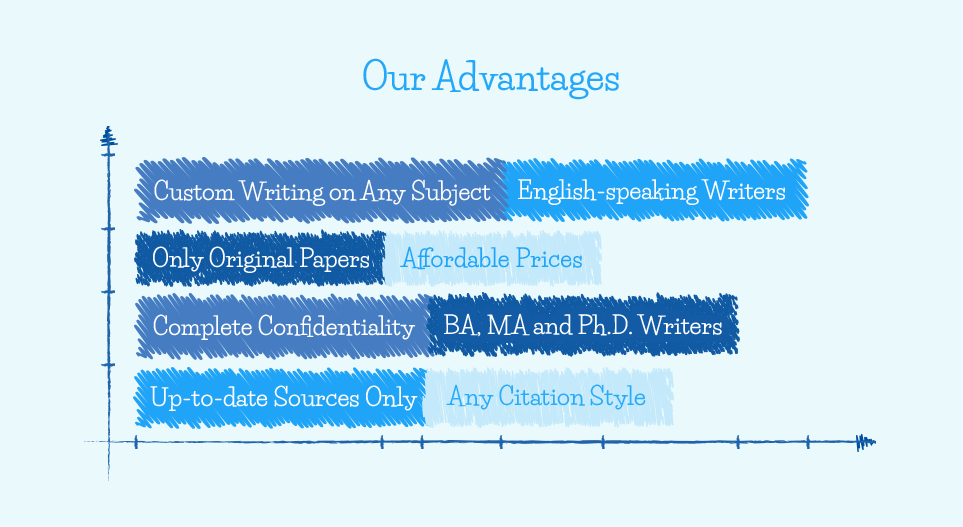Water Scarcity in the UAE and GCC
General Analysis of the Problem
The UAE is known to be one of the most prosperous countries in the world due to its natural resources such as oil and pearls. These two industries are believed to contribute to the country’s economic development in the future. In addition to this, the branches of these industries contributed to the development of scientific ideas which could help solve the country’s problems. One of the most vitally important methods to obtain freshwater is desalination.
Desalination is supposed to be one of the alternative ways which help obtain fresh water; however, by numerous investigations, it requires a great amount of energy spent to get the water fresh. In other words, financially, the process of water desalination leads to great expenses, which hypothetically could have been avoided or at least decreased.
You can contact us if you want to Buy Research Paper help on this or any other topic.
Recently, several investigations conducted by geographic scientists and geologists have resulted in numerous approaches to obtain water from other sources which are located on the territory of the UAE. For instance, according to Shahin and Salem (2014), Today, there are three major water resources in the UAE, groundwater (4,052 million m3, 70%), desalinated water (950 million m3, 24%), and treated wastewater (319 million m3, 6%)(Shahin & Salem, 2014, p. 257). In other words, the additional sources which contribute to the process of overcoming the water scarcity in the UAE and GCC can be regarded as successful, since the indexes of its water productivity help prevent energy-wasting and, as a consequence, preserve the ecology.
Thus, analyzing the problem of water scarcity in the UAE and GCC, it is necessary to consider various factors which are likely to contribute to the solution of this challenge. This process is aimed at making several directions work. One of these directions is the constant and stable freshwater supply to all the regions of the UAE and GCC. Secondly, this phenomenon bears an economic character and is called to prevent the country’s economy from additional and unnecessary expenses. Thirdly, finding new ways of obtaining freshwater contributes to environmentally friendly technologies whose essential purpose is to preserve the environment.
Brief Justification of the Problem Relevance to the UAE/Gulf Region
Water supply has always represented a crucial issue in the Arab region countries. The most recent investigations have shown that the problem of water scarcity has not been solved properly and needs additional concern. Even though the UAE’s geographic position presupposes vast amounts of water around the region, the problem of freshwater deficiency continues to be one of the most arguable issues.
This paper aims at regarding the key ways of overcoming the water scarcity in the UAE and GCC. It also evaluates the factors which could positively influence this process. To achieve this aim, it is necessary to consider the most recent research in the field and emphasize the most suitable way to obtain freshwater which is very necessary for the region. One of the most important steps in this process is an investigation of the relations between the UAE and GCC which are potentially aimed at creating an exact plan on the way freshwater can be obtained in the geographic location of the country.
Analysis of the Problem in the UAE/Gulf Region
The key problem which accompanies water scarcity in the UAE lies in the fact that none of the GCC rulers of the 1990s and 2000s has ever been directly in charge of a water department, ministry, corporation, or authority (Lambert, 2014, p. 15). It means that necessary attention to the challenge has been paid only recently, and the researches in the area are not quite elaborated to provide the necessary outcomes.
According to tabbouleh, Alammari, and Gastli (2015), water deficiency has to deal with other sectors of the UAE economy to have a successful solution. Thus, the authors have a conviction that the UAE’s government needs to connect and unite the oil and pearl industry with the water supply issues. Due to the well-known fact that the industries are wealthy and prosperous, they can easily contribute to the development of the water supply branch. In other words, the additional financing which is expected from these industries is likely to serve as a helpful mechanism of the problem solution.
This idea is strongly supported by Shahin and Salem (2015). The authors are convinced that the correct financial distribution is called to contribute to the overall water problem solution. In addition to this, the authors claim that an essential part of the process has to be played by the sea logistics, as this branch of science is closely interconnected with the water resources. Sea logistics is an empirically helpful tool in the solution of the problem since it presupposes the analysis of the key issues connected with the marine area and transportation. Transportation is one of the most important aspects of the issue in question since it helps distribute the water all over the country in the necessary amount.
The subject of sea logistics, in this case, consists mainly in the analysis of possible advantages and disadvantages of various approaches to the process of obtaining fresh water. The analytical approach of the science is also called to anticipate possible threats and unnecessary expenses which will be spent for the freshwater obtaining process.
Asif (2015) believes that the 21st century is expected to bring the newest outcomes of science which will solve the problem of water scarcity forever. The innovations which are currently being implemented into the water desalination and water obtaining processes can be characterized as the most progressive ones. Narayana and Abraham (2014) agree with this position. The authors believe that UAE’s government has to invest not in the water scarcity overcoming directly, but in the science which is likely to help solve the most burning problems. In addition, in the author’s point of view, this will develop a new approach to water obtaining, which will assist in distributing fresh water in other countries of Asia and Africa.
Elseoud and Matthews (2013), similarly to Narayana and Abraham (2014), believe that the key way to deal with the problem of water shortage in the Arab region in general and in the UAE, in particular, is connected with innovative technologies. The close cooperation of the GCC, sea logistics, the UAE government, and global organizations will result in a successful solution to the water scarcity problem.
Saif, Mezher, and Arafat (2014), as well as Shanin and Salem (2014), believe that the innovative methods of water obtaining which have been recently discovered will bring more fruitful outcomes for the problem-solution since they are much more rapid and do not require the extra expenses. In addition, the ways of water obtaining described by Shanin and Salem (2014) are much more environmentally friendly than any other method, such as water desalination.
Regarding the environment-connected issues and water obtaining, Asif (2015) claims that water desalination, as well as other necessary ways, causes an incredibly large impact on the ecology. The author has a conviction that it is necessary to establish tight bonds between the UAE and European Union to deliver successful problem-solving. The author makes an emphasis that the measures of the EU resulted in a 20% reduction in EU greenhouse gas emissions (Asif, 2015, p. 5), which could have been caused by the process of water obtaining. This practice has to be transmitted to the Arab region to contribute to the global environment improvement process (Asif, 2015).
How it works
Step 1
Visit our website and go to the order formStep 2
Fill in specific essay details in your order description sectionStep 3
Pay for your custom essay and get your order verifiedStep 4
Process of writing your academic assignmentStep 5
Editing and anti-plagiarism checkStep 6
On-time delivery of an already written essayConsequently, the ways of freshwater obtaining proposed by the researchers discussed in the paper can positively influence the problem solution. In addition, it can contribute to a great extent to the development of industries that require freshwater or any other type of water. Finally, the number of expenses which would occur in the economy of the country will be reduced.
Discussion of Possible Solutions Both Globally and in the UAE/Gulf Region
The findings represented in the investigations which have been used for this paper can be regarded from two perspectives: domestic and global. The domestic aspect is applied only and directly to the UAE/Gulf region, while the global factor is of great importance for all the countries in the world.
Hence, the domestic benefits which come from the solutions and discussions presented in the essay break into the following aspects: firstly, the problem of water scarcity solution; secondly, the shortage of the expenses which used to have been applied to obtain the necessary amounts of freshwater by environmentally unfriendly methods; thirdly, the contribution to the environment, since the energy-requiring methods of water obtaining can be substituted by less wasting measures and means. Finally, the overall benefits of the UAE and the whole of the Gulf region that is likely to be achieved can be spent on the development of other branches of industry and scientific innovations. The scholar innovations are called to preserve the finances and the environment, contributing to the countries prosperity.
In the global meaning, the ways which have been elaborated by the UAE country can be applied to other countries which are currently experiencing the same problem or may once occur vulnerable to them. It means that water scarcity has become a global problem that can be solved only with great attempts of the modern society and organizations which are directly responsible for providing sustainable conditions for human activities and life. Such countries as Uzbekistan, Turkmenistan, Syria, Sudan, Somalia, Niger, Iraq, Pakistan, Egypt, and Mauritania can easily start to experience water shortage problems and provide themselves with a constant water supply without wasting much money for the process (Dawoud, 2011). This will bear a positive impact. This kind of impact is mainly determined by the fact that the health of people will be improved. This will contribute to the growth of economic indexes, since the healthier the nation is, the more workforce can be applied to stimulate the countries’ development.
The environmental conditions will be improved, too, since the unsuitable amounts of sources will not be necessary to waste. As a consequence, having purely positive outcomes will lead to the problem solution, which has recently appeared to be of great importance. With the growth of scientific innovations, the quality of people’s lives will rise and inspire more discoveries of alternative ways to obtain water and reduce the energy-wasting processes.

















